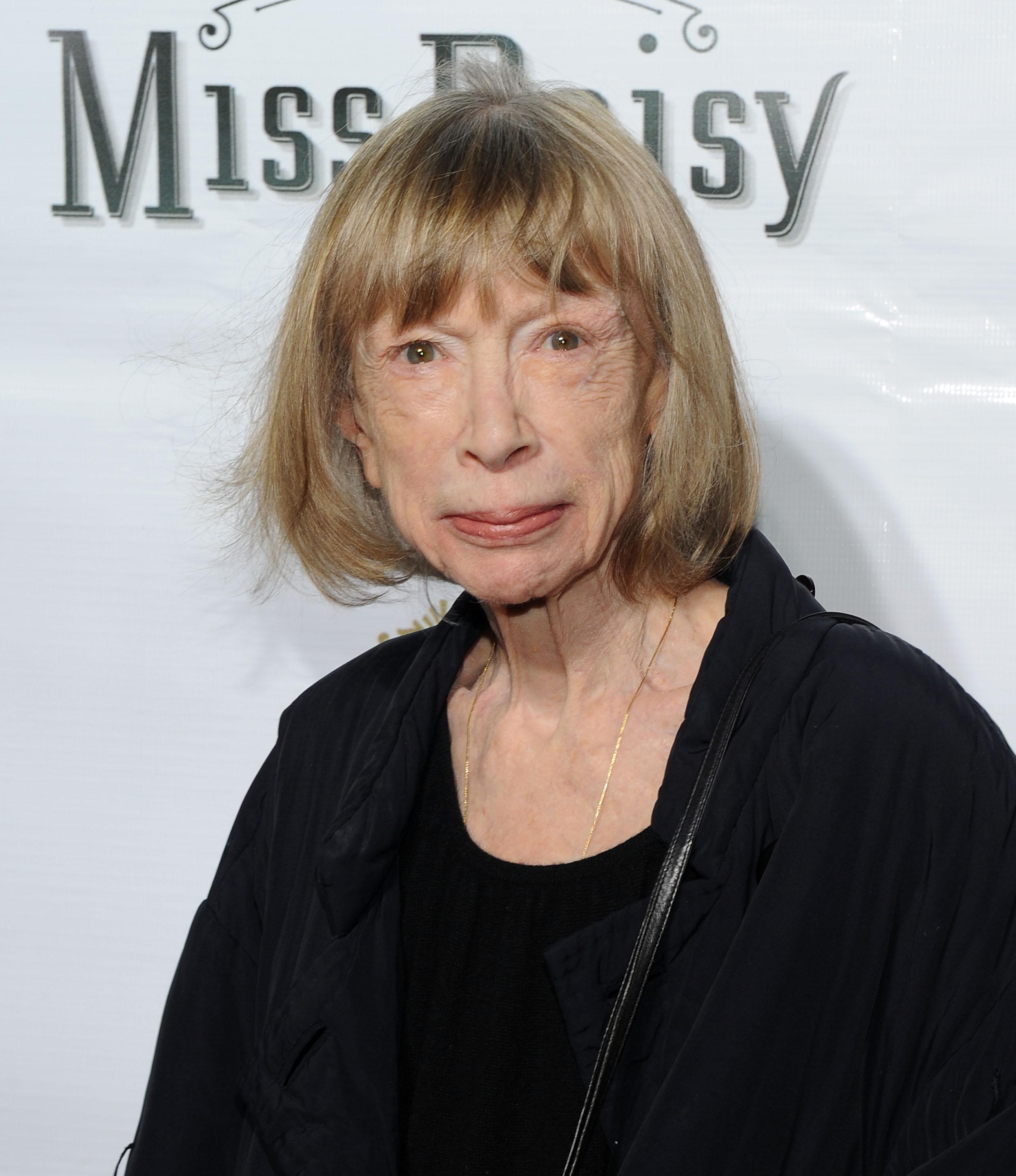Joan Didion’s new book, Blue Nights, is about her daughter, Quintana Roo, who died in 2005 at the age of 39, just weeks before the publication of The Year of Magical Thinking, Didion’s bestselling memoir about the death of her husband, John Gregory Dunne.
In the course of describing her daughter’s childhood, Didion mentions a housekeeper she and her husband employed; she also refers to 60 dresses that were given to Quintana by family friends. Then she steps out of her narrative to address her readers directly, to tell us there “was a reason” she mentioned these things:
I was not unaware as I did so that a certain number of readers (more than some of you might think, fewer than the less charitable among you will think) would interpret this apparently casual information … as evidence that Quintana did not have an “ordinary” childhood, that she was “privileged.”
I wanted to lay this on the table.
Having laid the matter of privilege on that proverbial table, Didion proceeds to dissect it. “Privilege,” she says, is “a judgement,” “an opinion,” “an accusation,” and, finally, privilege is something “to which”—given her daughter’s tremendous health problems and early death—“I will not easily cop.”
Christian Lorentzen in the Observer calls the pasage “strange to read.” Lawrence Frascella, writing for NPR.org, calls it “defensive.” Most notably, Matthew Specktor, in the Los Angeles Review of Books, uses the moment as a springboard for a smart, sensitive essay about the “conspicuous glamour” not only in Blue Nights, but in much of Didion’s work. Another LARB essay (the site ran one each day last week), by Meghan Daum, also explores the subject (Didion “seems to have aged out of high/low and landed comfortably in high/high,” Daum writes).
Indeed, part of what makes the moment odd is that Didion has waited this long to address a charge that is hardly new. Two of the best-known pans of Didion’s work, by Barbara Grizzutti Harrison and John Lahr, both suggested that Didion was oblivious to her privilege. And as Evan Hughes detailed this week in a piece for the Awl, Pauline Kael thought so, too:
For Kael, Didion’s work suggested a familiarity with the high life that pushed all the wrong buttons. Kael was raised partly on a chicken farm and worked a string of bad jobs as a single mother before getting her feet set. She harbored a lot of bitterness toward people she thought had it easy… To be “swank” was to risk her enduring disdain.
Didion has never seemed worried about appearing “swank” in her writing before. In The Year of Magical Thinking, she describes the life she and her husband divided between Malibu and Manhattan, dining out frequently at “celebrity-oriented” restaurants, without apology. In an interview just before the book was published, Didion even suggested to New York Magazine that one source of “suspicion and irritation” about her was that she has led a “very conventional life.” (She also, in the course of that discussion, said, “I’m not rich.”)
So why address the charge—and preemptively, with hypothetical readers in mind—now? Perhaps writing about child-rearing makes the subject of privilege unavoidable. Or perhaps the economic difficulties of the last few years put the matter on Didion’s mind. For some of her fans, the glamour of Didion’s life has always been part of the appeal of her work. But now, it seems, that glamour has created a distance that needs, in some fashion, to be crossed.
